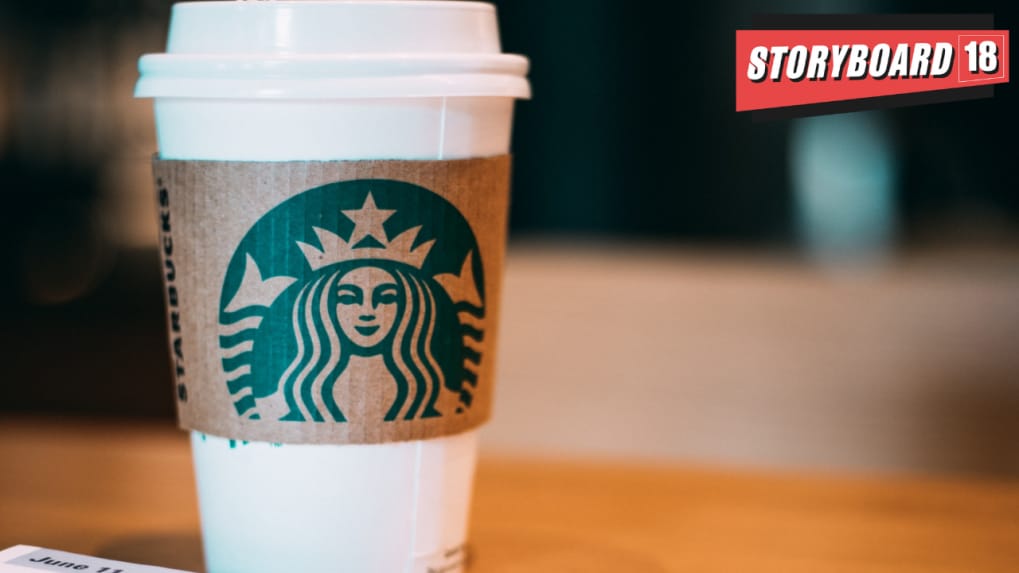Starbucks empty promises of recycling? US investigation reveals the truth
A recent probe reveals that most plastic cups from Starbucks, despite eco-friendly claims, aren’t being recycled—but rather incinerated, sent to landfills, or processed at waste transfer stations.
ADVERTISEMENT
Many consumers trust that when they drop a plastic cup into a designated recycling bin at a coffee shop, it will be transformed into something new.
However, a recent CBS News investigation into Starbucks' recycling practices challenges that assumption.
Reporters embedded Bluetooth trackers inside plastic Starbucks cups to trace their journeys through the waste stream. The results were sobering.
CBS News placed the tracker-equipped cups into 57 labelled recycling bins at Starbucks locations nationwide. Reliable data from 36 trackers showed that 32 cups never reached a recycling facility at all.
Instead, 14 ended up in landfills, five at incinerators, and 13 at waste transfer stations, where trash is consolidated before heading to landfills or incinerators. Only four cups wound up at Material Recovery Facilities (MRFs), where recyclables are sorted and prepared for reuse.
While the presence of a metal tracker could technically contaminate a cup, only four of the tagged cups were even routed to facilities capable of removing such contaminants.
Two cups revealed a particularly unexpected journey: cups dropped in New Jersey and Boston travelled thousands of miles before converging in the same Alabama landfill.
The United States is the world’s largest producer of plastic waste, generating nearly 500 pounds per person each year.
According to a 2022 Greenpeace USA report, less than 6% of U.S. plastic waste is recycled. Despite this dismal rate, large retailers like Starbucks continue to produce billions of disposable cups annually, fuelling a persistent plastic problem. More than 75% of Starbucks’ U.S. beverage sales are served in plastic cups, although the company aims to halve its overall waste by 2030.
However, recycling Starbucks cups remains a significant challenge. Unlike uniform materials such as glass or aluminium, plastic comes in countless varieties with differing chemical compositions, shapes, and colours, complicating the sorting and recycling process.
Although cups bear the recycling symbol, only about 9% of MRFs can handle Starbucks’ No. 5 polypropylene cups at all, and few buyers exist for this particular plastic feedstock.
Starbucks provided a list of four facilities that accept No. 5 plastics, but only one—KW Plastics in Alabama—actually recycles these cups into new products.
According to the latest Environmental Protection Agency data, of the 160,000 tons of No. 5 plastic cups and plates generated in the U.S. each year, less than 1% is successfully recycled.

